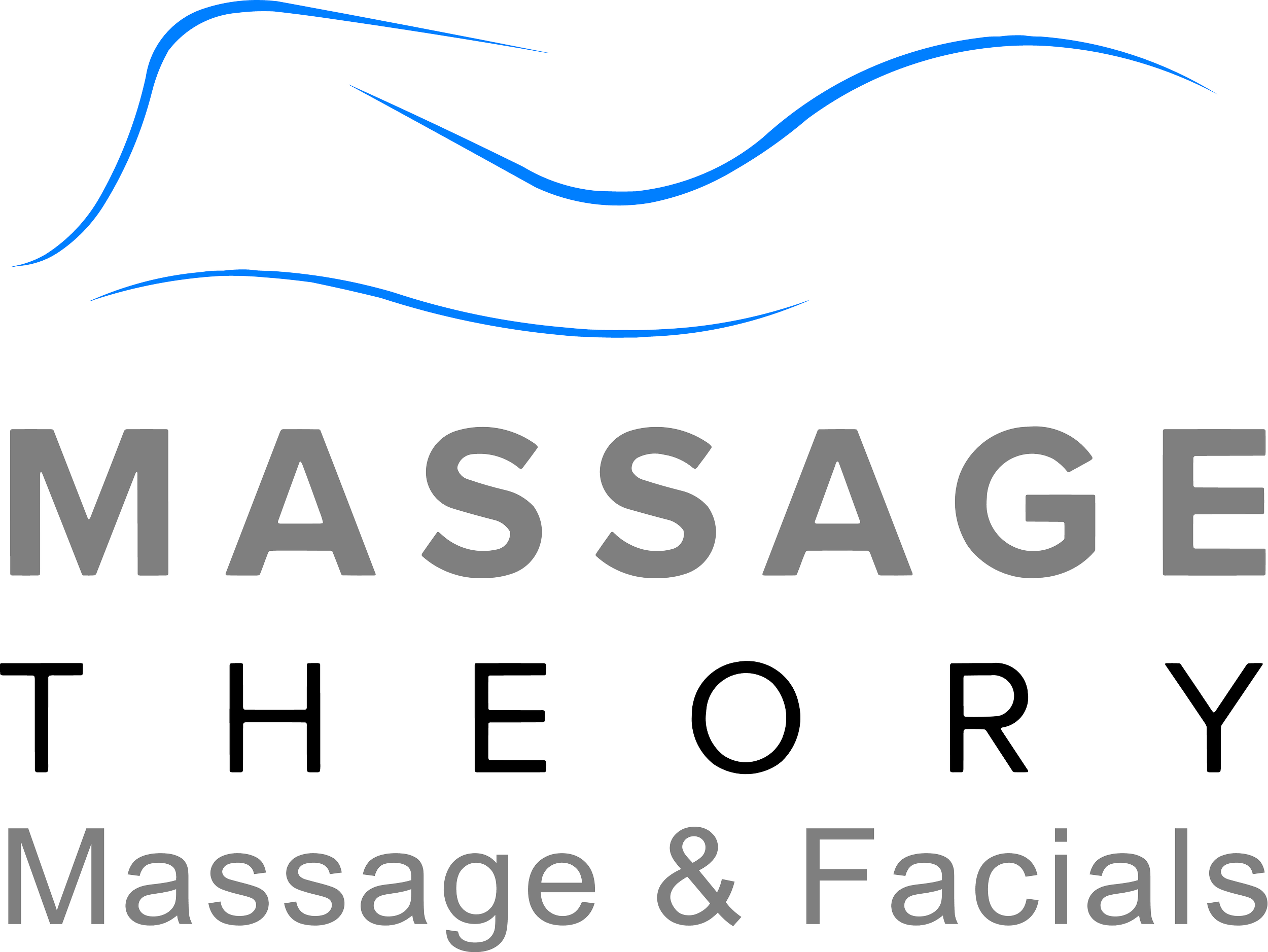The Hidden Connection Between Massage and Sleep: Unveiling the Impact on Rest Quality
Sleep plays a vital role in your overall health, but achieving a restful night can sometimes be a challenge. While various factors influence your ability to sleep, one lesser-known aid could be massage therapy. Research indicates that the benefits of massage extend far beyond relaxation, potentially improving sleep quality and aiding those who suffer from sleep-related issues such as insomnia.
The connection between massage and better sleep arises from the body's response to touch, which includes the release of serotonin, a precursor to the sleep hormone melatonin. Studies suggest that increases in serotonin levels can lead to improved sleep patterns and a more regulated sleep cycle.
Whether you're struggling to fall asleep or you're looking for a deeper, more restful slumber, massage therapy might be a beneficial addition to your sleep hygiene practice.
Furthermore, the relaxation induced by massage may ease the stress and muscle tension that often interfere with sleep. The rhythmic pressure and strokes utilized in various massage techniques reduce physical discomfort, allowing your body to transition into a state conducive to sleep.
For those experiencing sleep disturbances or just seeking to improve sleep quality, exploring the therapeutic power of massage could offer a natural, non-pharmaceutical way to enhance your sleep experience.
Understanding the Science of Sleep and Massage
Within the connection between massage and sleep lies a web of biological and psychological factors. The importance of sleep cannot be overstated for your overall well-being, just as the effects of massage on your body can be profound. This section will explore the complex dynamics between sleep and massage, touching on the crucial roles each plays in maintaining health and balance.
The Importance of Sleep and Its Disorders
Sleep is fundamental to your health, with the American Academy of Sleep Medicine (AASM) recommending at least seven hours per night. A lack of sleep can lead to a variety of disorders, such as insomnia, sleep apnea, restless leg syndrome, and narcolepsy, that disrupt the delicate equilibrium of your body's functions. The consequences of disrupted sleep are far-reaching, affecting everything from hormones like serotonin and melatonin to mood and cognitive abilities.
Effects of Massage on the Human Body
Massage therapy, practiced by a licensed massage therapist, plays a significant role in manipulating the body's muscles and soft tissues to alleviate tension. Research from the University of Miami School of Medicine has shown that massage can lead to changes in the body's chemical composition, increasing levels of serotonin and decreasing cortisol levels. These hormonal adjustments foster a state of relaxation which can improve blood flow, soothe the sympathetic nervous system, and enhance sleep quality.
Hormones:
Serotonin: Increases after massage, promoting calm and sleep.
Melatonin: Affected by levels of serotonin, closely tied to sleep-wake cycles.
Cortisol: Decreases after massage, reducing stress.
Oxytocin: Released during massage, enhancing feelings of trust and relaxation.
Psychological Benefits of Touch and Massage
The psychological benefits of touch and therapy should not be underestimated. Human touch has been shown to release oxytocin, sometimes called the 'love hormone,' which can have soothing effects. This can lead to reductions in psychological states like anxiety and depression, which are often related to sleep disorders.
An article in the International Journal of Neuroscience suggests that massage can improve mood and induce a sense of mental health and well-being, reinforcing the mind's ability to transition into a restful state and prepare for sleep.
To enhance your sleep quality through sleep hygiene practices, integrating regular massages can be a potent method. Massage has been associated with decreased pain and stress levels, leading to improved relaxation and sleep.
